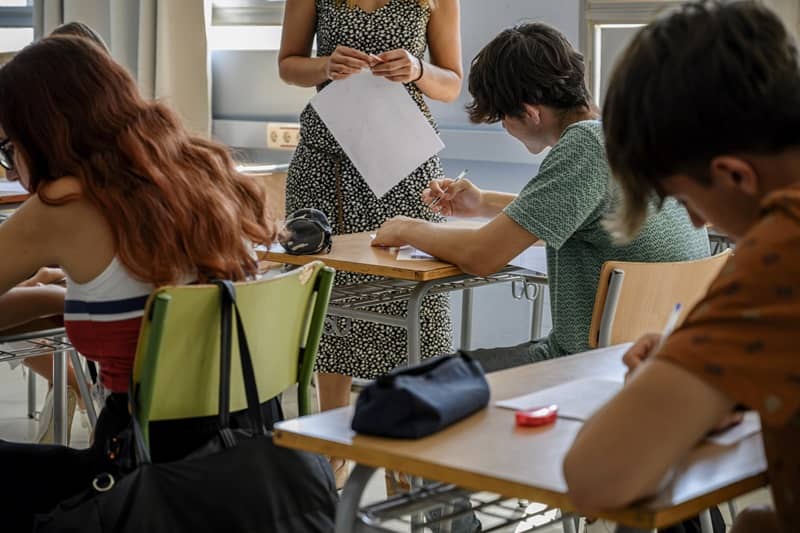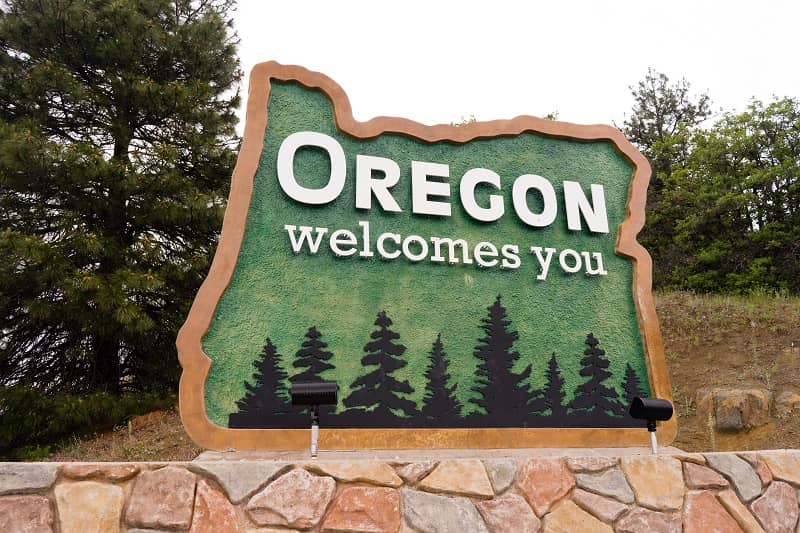By Kathryn Hickok and Miranda Bonifield
Virginia Walden Ford is a Washington, D.C. mom whose extraordinary sacrifice and determination changed not just her own child’s life, but the lives of thousands of low-income and minority students. Her story is now told through the new movie Miss Virginia, starring Orange Is the New Black’s Uzo Aduba.
Virginia’s experience as an African American student integrating Little Rock high schools in the 1960s gave her a strong personal understanding of how important education is to a child’s success. When, years later, her own son William began slipping through the cracks of a D.C. public school where his teacher didn’t even know his name, she fought for a better option. Virginia’s answer came in the form of a private school scholarship. William went from skipping school to being a joyful, enthusiastic student known by friends and teachers.
Virginia Walden Ford believes every child should have that same chance to succeed in school and in life. Her persistent work on behalf of low-income students in Washington, D.C. led to the creation of the Opportunity Scholarship Program (OSP). The OSP is a congressionally funded scholarship program which has given thousands of District kids the chance to attend private elementary and high schools chosen by their parents or guardians. Virginia says, “We knew that if we raised our voices, we could win for our children. We did. And now our kids are winning as a result.”
January 26-February 1 is National School Choice Week, the world’s largest celebration of parental choice and effective educational options for all children. To celebrate National School Choice Week, Cascade Policy Institute will host a special screening of the film Miss Virginia in Lake Oswego on Thursday evening, January 30, at 6:30 pm. (Admission is free, but reservations are required due to space limitations. For theater information and to reserve tickets, call Cascade Policy Institute at (503) 242-0900.)
As Virginia Walden Ford and her son William knew too well, choices in education are widespread in America, unless families are poor. Parents with the financial means to do so will buy homes near public schools they like, pay tuition for private schools, or supplement the classroom experience with enrichment opportunities. But low-income families generally find themselves trapped with only one option: a public school assigned to them based on their address, which too often fails to meet their children’s educational and personal needs.
All families deserve better.
The landscape of options to meet students’ unique learning needs is more diverse today than ever. These options include traditional public schools, charter schools, private and parochial schools, homeschooling, magnet schools, online learning, and more. Today, more than half the states in the U.S. provide parents with flexibility in their children’s learning options through 61 different educational choice programs such as privately or publicly funded scholarships, education tax credits, and Education Savings Accounts (which can function like restricted-use debit cards for a child’s education expenses).
Every child has one chance to grow up, and each year is precious. Parents know it: The right educational environment can change a student’s life. Empowering parents to give their children the education that’s right for their talents and needs unlocks the unique potential of every child. Virginia Walden Ford’s experiences and advocacy on behalf of Washington, D.C. students demonstrate how important school choice policies are to the future of low-income children in America. She also shows us what a difference one dedicated and courageous parent makes, not only for her own child, but for thousands of others as well.
Kathryn Hickok is Executive Vice President at Cascade Policy Institute and director of Cascade’s Children’s Scholarship Fund-Oregon program. Miranda Bonifield is CSF-Oregon’s Program Assistant. CSF-Oregon has provided scholarships worth more than $3.3 million to lower-income Oregon children to help them attend private or parochial elementary schools since 1999.
Click here for PDF version:
20-02-Miss Virginia- A_Trailblazer_for_Educational_Opportunity_for_Today’s_KidsPDF-1












